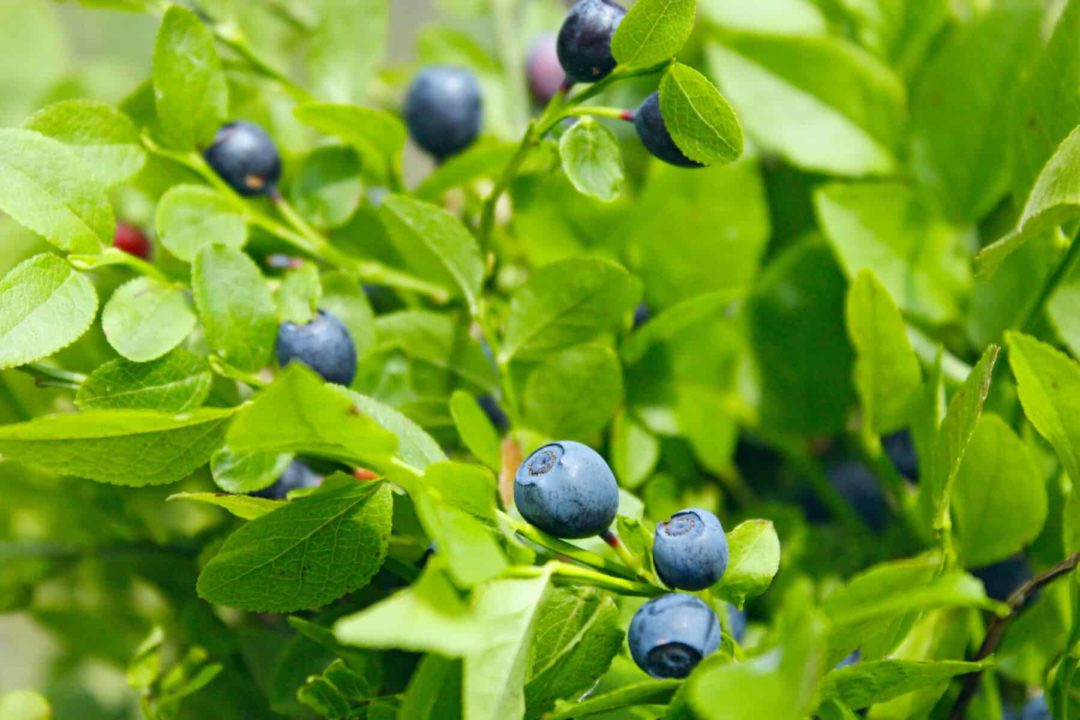The bilberry plant, also known by the names European blueberry or huckleberry, is a low-growing shrub native to northern Europe, but now found in parts of North America and Asia. Bilberry, sometimes called blueberry because of a similar appearance, belongs to a large genus (Vaccinium) of plants that also contains blueberry and cranberry. It grows to about 16-20 inches in height, and its berries are best harvested in the later summer months. Bilberry grows well in forests and meadows and best in a shaded area in humid conditions.
Bilberry has brought visible success in many areas of health. Because of its anthocyanosides, success has been seen in the areas of eye health, circulatory and vein support, immune, inflammatory, and even blood sugar conditions. Bilberry has also been praised for its antioxidant benefits, and its success as a super protective nutrient.
My favorite of the many benefits of Bilberry is how it benefits our vision. It has been shown to help our night vision, helping fragility of our capillaries, and supporting better focus. A story I love passing on is how fighter pilots from Britain during World War II who had consumed bilberry jam reported better nighttime vision. Studies show benefits with glaucoma and macular degeneration, and retina health and support.
Today, Bilberry is available fresh, frozen, and in some cases in pre-made packaged foods. As a supplement Bilberry is available in tea, capsules, tablets, tinctures, in herbal blends and formulas. Make sure to follow directions on the bottle for proper dosing and serving size.
Generally recognized as safe, Bilberry has a few effects that need mentioning. Bilberry can function as a blood thinner, so those on blood thinner therapy should consult with a physician. Also, anyone who is pregnant or breastfeeding should consult a physician as well.
References
- Herbal Medicine: Biomolecular and Clinical Aspects. 2nd edition.
Wing-Kwan Chu, Sabrina C. M. Cheung, Roxanna A. W. Lau, and Iris F. F. Benzie.
National Center for Biotechnology Information










